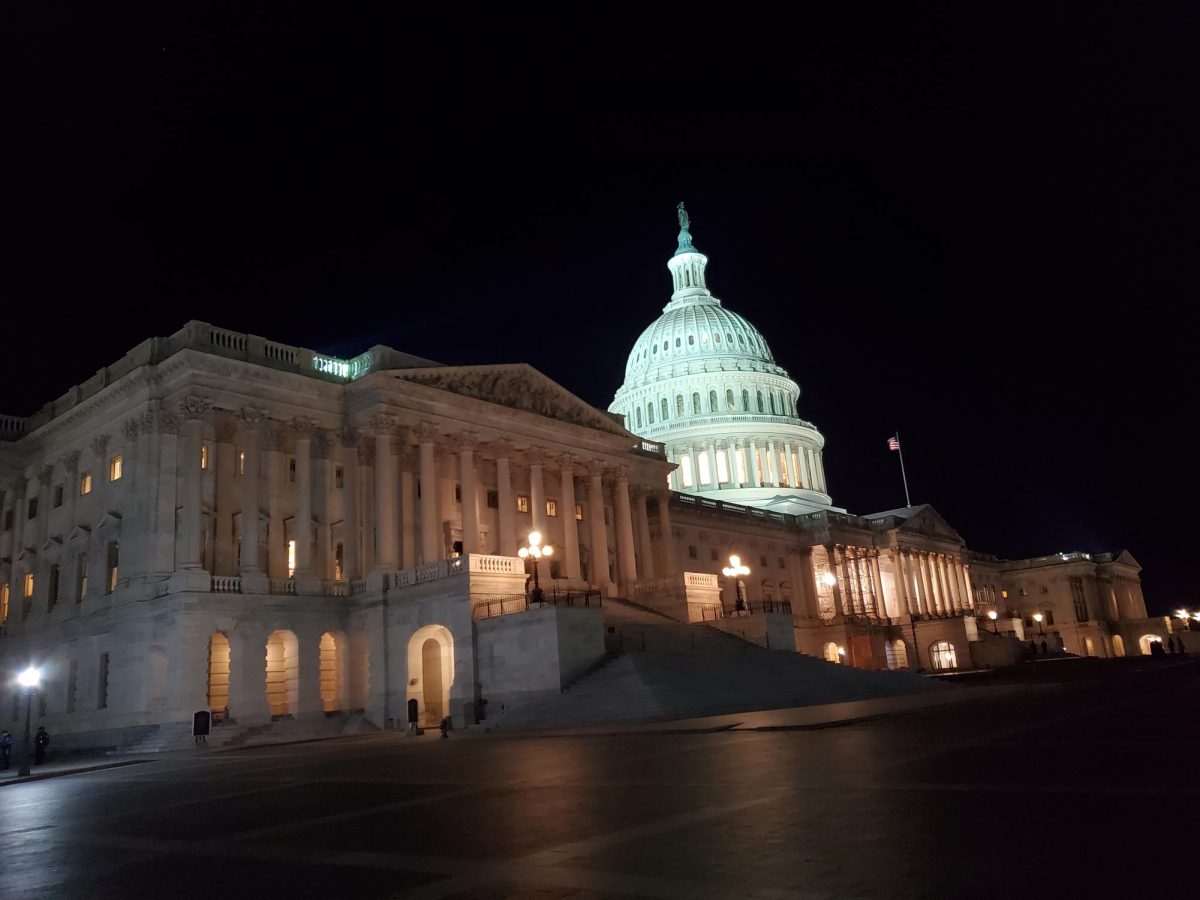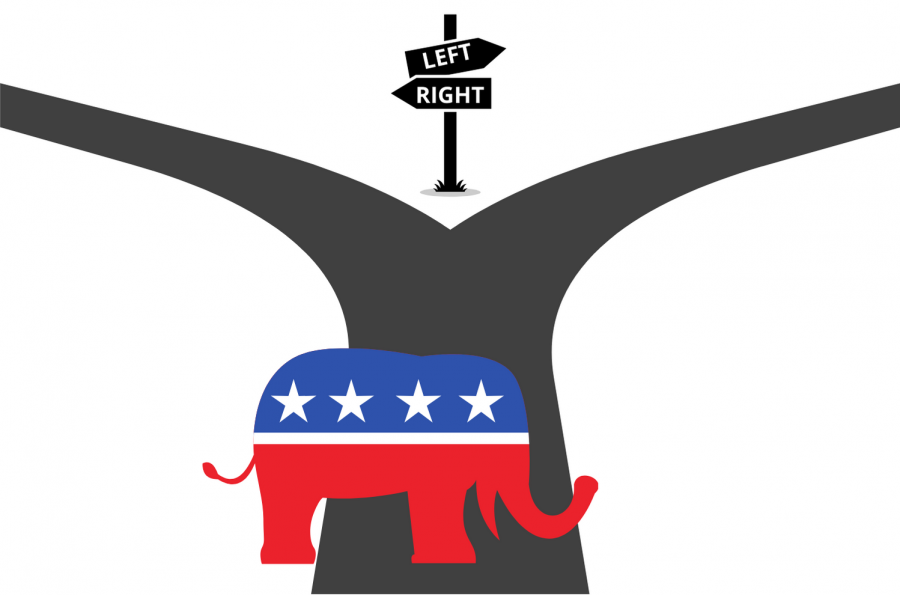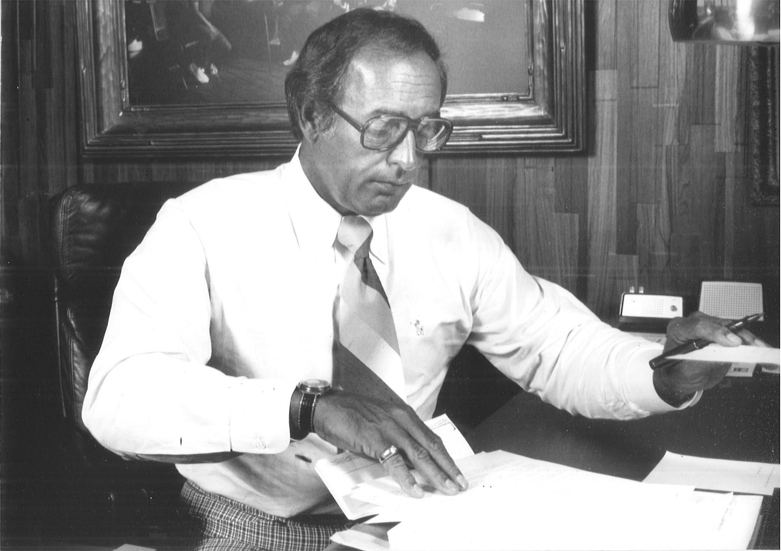Margaret Thatcher, prime minister of Great Britain from 1979 to 1990 passed away on Monday in London at the age of 87. According to her spokesman, Tim Bell, Thatcher died of a stroke at the Ritz hotel after suffering from dementia and having been in poor health for several months.
The first woman to lead a major Western power in modern times, Thatcher leaves behind a legacy of principles that have come to be known as Thatcherism — the belief that economic freedom and individual liberty are interdependent, that personal responsibility and hard work are the only ways to national prosperity, and that free-market democracies must stand firm against aggression.
Thatcher was born on October 13,1925 in the small town of Grantham, Lincolnshire, 100 miles north of London. Her family lived above a grocery store owned by her father, Alfred, who was also a methodist preacher and local politician.
Thatcher’s interest in politics began at an early age when she joined her father as he campaigned for alderman and borough councilman as an independent. Her parents raised her to follow the tenets of Methodism: personal responsibility, hard work and traditional moral values.
She won a scholarship to Kesteven and Grantham Girls School and in 1943, at 17, she was admitted to Somerville College, Oxford, to study chemistry. She became the president of the Oxford University debating society in 1946 and then graduated in 1947 and earned her master’s degree in Chemistry. She then worked as a chemical researcher and studied law.
In 1951 she married Denis Thatcher, a well-to-do businessman and former artillery officer who had been decorated for bravery during World War II. In August 1953, Mrs. Thatcher gave birth to twins, Mark and Carol, who survive her, along with grandchildren. Her husband passed away in 2003.
In 1975, Thatcher was elected leader of the Conservative Party and made history four years later by becoming prime minister when the Conservative Party was elected into power. Her time in office was marked by an unwavering determinedness in domestic and international policy. This resoluteness was culminated in one of her most famous quotes said at a Conservative Party conference:
“To those waiting with bated breath for that favorite media catchphrase, the U-turn, I have only one thing to say: ‘You turn if you want to. The lady’s not for turning,'” she declared, to cheers from party members.
In the world of politics Thatcher quickly earned a reputation of having high and sometimes harsh expectations. “She had high standards, and she expected everyone to do their work,” John O’Sullivan, a special adviser to the prime minister, recalled in 1999. “But there was a distinction. She was tougher on her ministers than she was on her personal staff. The more humble the position, the nicer she was.”
Thatcher’s politics and personality made her a controversial figure around the world. “Margaret Thatcher evoked extreme feelings,” wrote Ronald Millar, a playwright and speechwriter for the prime minister. “To some she could do no right, to others no wrong. Indifference was not an option. She could stir almost physical hostility in normally rational people, while she inspired deathless devotion in others.”
One thing is certain, Thatcher’s time in office dramatically changed the course of British policy. Thatcher’s agenda while in office was primarily characterized by by harsh economic measures to strengthen the British economy which was sickened by inflation, budget deficits, and industrial unrest.
Her convictions culminated with a revolt among her own cabinet ministers in her final year and her shout of “No! No! No!” in the House of Commons to any further economic integration with Europe.
Internationally she played a vital role in easing tensions between the United States and the Soviet Union. Thatcher’s first years in office were marked by a relentless hostility to the Soviet Union and a call to modernize Britain’s nuclear forces. In 1976 she gave a hard-line speech after which the Soviet press gave her the nickname “the Iron Lady.”
Yet she was one of the first Western leaders to start a political relationship with Mikhail S. Gorbachev, inviting him to Britain three months before he came to power. This political relationship as well as Thatcher’s close relationship with former U.S. president Ronald Reagan made Thatcher a vital link between the White House and the Kremlin in their tense negotiations to halt the arms race of the 1980s.
In 1990, after 11 years of wavering popularity, Margaret Thatcher was forced to resign after pushing through a measure that replaced property taxes in England with a “poll tax” on all adult residents of a community.
The tax was intended to make everyone, not just property owners, pay for local government services. In practice, the measure was manifestly unfair and deeply unpopular. In March 1990, protests flared into riots. Her support dwindled and she left the prime ministry. She remained forthright in expressing her opinions for the rest of her life.
After receiving the news of Thatcher’s death, Prime Minister David Cameron cut short a visit to Continental Europe, and Queen Elizabeth II authorized a ceremonial funeral with military honors — a notch below a state funeral — at St. Paul’s Cathedral in London. A statement from the White House said that “the world has lost one of the great champions of freedom and liberty, and America has lost a true friend.”






